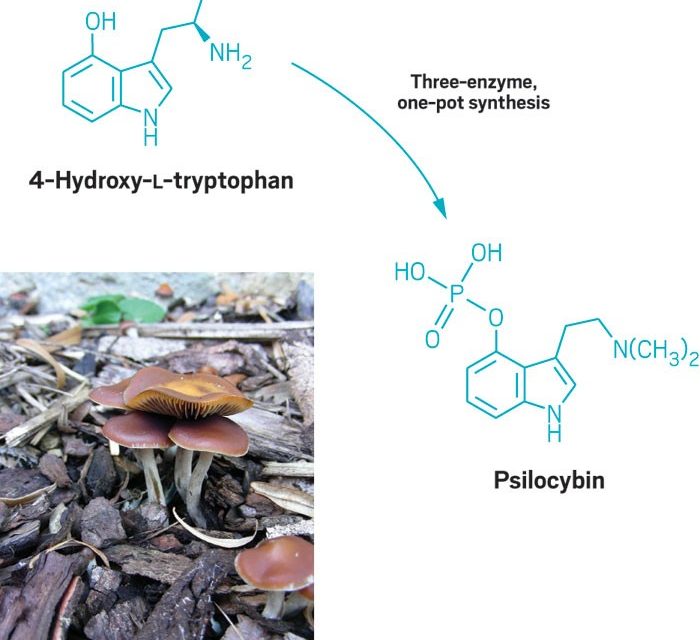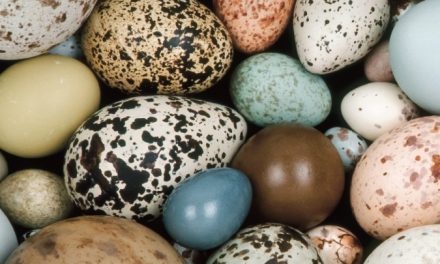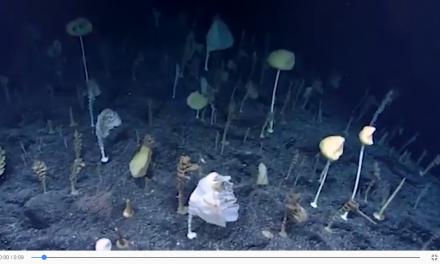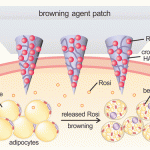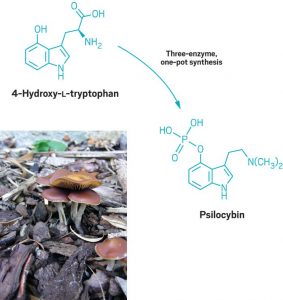
Credit: Dirk Hoffmeister (mushrooms)
Many baby boomers are familiar with the term ‘Magic Mushroom’ and its psychedelic drug effect that comes from the active ingredient psilocybin. More than 200 species of mushrooms are collectively known as psilocybin mushrooms. In the 1950s and 1960s, researchers enthusiastically studied the psychological properties of psilocybin and LSD and on many mental disorders and other health related issues. The results reported were frequently positive, but in 1970, with recreational use of hallucinogens on the rise, President Nixon signed the Controlled Substances Act making psilocybin a “schedule 1” drug. This effectively also halted all academic research into psychedelics. In recent years research has returned to studying psychedelics, and here is a list of some of the many potential health benefits:
- A study performed by the University of Arizona in 2006 alleviates obsessive-compulsive disorder (OCD) Symptoms
- A study performed by a team of Swiss neurobiologists, published in April 2016, stated that psilocybin is of great help in reducing the pain resulting from social rejection.
- The University of South Florida published a 2013 study on the effects of psilocybin mushrooms on fear-conditioned mice, and found it not only alleviated fear but also promoted new neurons growth and regeneration in their brains.
- Studies have shown that psilocybin mushrooms are very effective at treating depression, as well as treating post-traumatic stress disorder (PTSD).
- In a 2011 study, scientists concluded that advanced-stage patients suffering from cancer would have their anxiety soothed and dramatically lowered after being dosed with psilocybin mushrooms.
Swiss scientist Albert Hofmann is famous for being the first person to synthesize and ingest LSD. He went on to isolate and identify psilocybin, the main psychedelic component in magic mushrooms. Now almost 60 years later Janis Fricke, Felix Blei, and Dirk Hoffmeister of Friedrich Schiller University Jena in the paper “Magic mushroom enzyme mystery solved,” have identified and characterized to the furthest detail so far the four enzymes that the magic mushrooms use to make psilocybin. The team reports in Chemical and Engineering News, that they have developed the first enzymatic synthesis of the compound, setting the stage for its possible commercial production (Angew. Chem. Int. Ed. 2017, DOI: 10.1002/anie.201705489).

